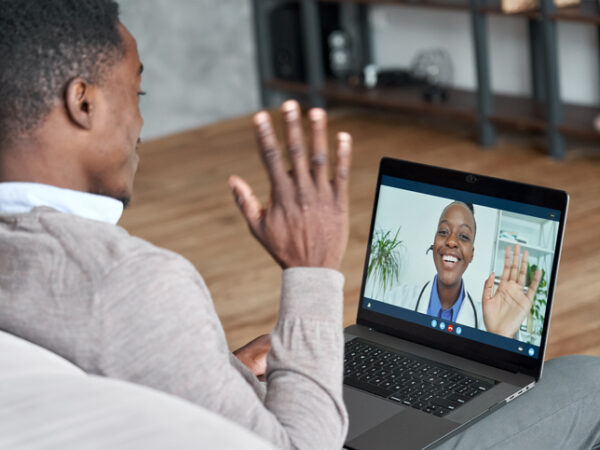It turns out that, no surprise, your mother was correct when she warned you to choose your friends wisely. The peers you associate with have an influence on your choices and can either be a source of support and positivity or lead to lifestyle habits that can negatively affect your health and well-being.
As was made crystal-clear during the months of pandemic quarantine our friends, families, colleagues, teammates or classmates are an important part of our daily lives. These social connections help us navigate difficult times as well as celebrate life’s joys. Research has found the positive relationships help people stay resilient and keep on track with habits that foster good health.
According to a recent McMaster Optimal Aging Portal post, a good peer support system can help older adults stay physically active, stop smoking or drinking alcohol and even adopt healthier eating habits that lower blood sugar. A group of peers that encourages regular exercise can motivate seniors to get more physical activity while enjoying much-needed social interaction.
Seniors who struggle to quit smoking or drinking alcohol are 50 to 130 percent more likely to be successful through peer-led programs than on their own. People who are managing chronic health conditions including diabetes benefit from support, encouragement, and advice based on the personal experiences of peers. Having the emotional, social, and practical day-to-day support of a close group of friends with shared interests helps seniors better manage their health.
When older adults lose a spouse through death or divorce, it’s often their peer group that helps them continue to thrive and care for their physical, emotional, and mental health. Women are more likely than men to foster a close-knit friend group, but it’s important for all adults to cultivate a social network that can help see them through difficult times and promote healthy aging.
Although friend groups may not always be able to meet up in person, through technology, peers can still lend support and motivation with regular video chats, virtual cooking classes, online support services, or a distanced step challenge. Stay connected – stay well.






Add Your Voice
0 Comments
Join the Discussion